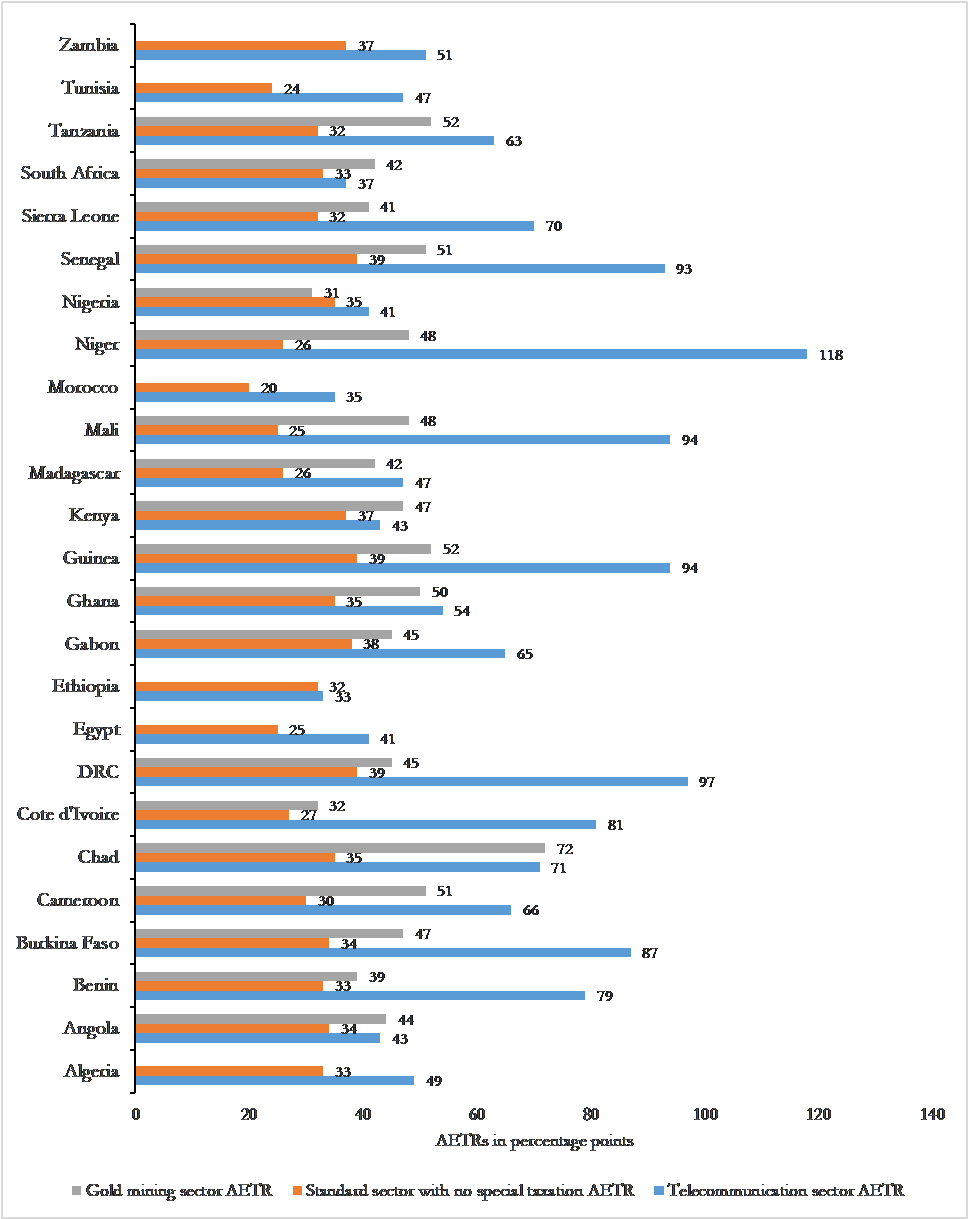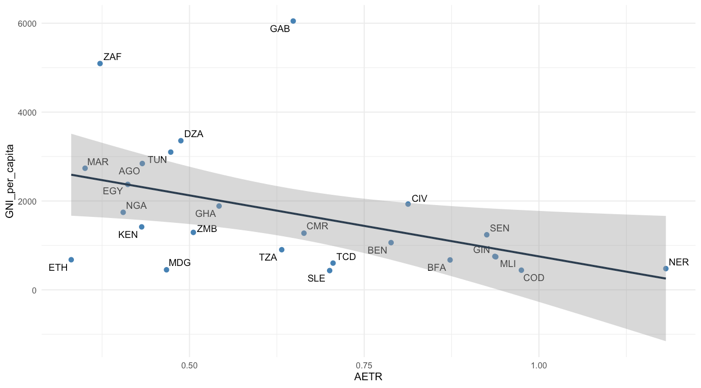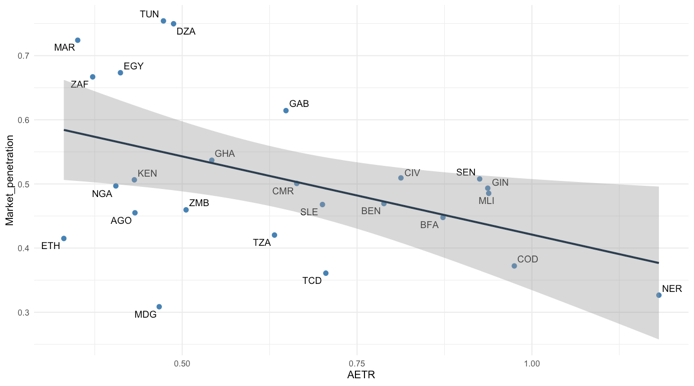The rise of digital technology has revolutionized the way we live, communicate, learn and, of course, work. This transformation is especially significant in Africa, where young people face both unique…
The rise of digital technology has revolutionized the way we live, communicate, learn and, of course, work. This transformation is especially significant in Africa, where young people face both unique challenges and countless opportunities in their quest to enter the job market.
To understand these dynamics and the potential implications of digital technology, we met with key players in the African education ecosystem in Côte d’Ivoire. A series of testimonials attesting to the growing importance of digital technology in education, and the need to support this movement.
” From helpful to necessary, from necessary to indispensable “
In just a few years, and even more since Covid came on the scene, digital has gone from helpful to necessary, and from necessary to indispensable. Professional integration, access to information, interaction, or simply adapting to contemporary demands mean that the adoption of a digital component in almost all training courses has become absolutely essential. Today, digital technology enables young people to find their place in this fast-changing world, by facilitating rapid access to information and making learning easier.
– Dia Jean-Fabrice – Head of Studies at the Institut Ivoirien of Technologie[1]
” Training the trainers ”
The determination of the continent’s young people to embrace digital technology is obvious. But we still need to find a way to better equip them. Firstly, digital equipment and materials are still difficult to access for most people. Secondly, it is essential to invest in the training of trainers, to ensure that digital skills are properly passed on to young people, and to promote their successful integration into an increasingly digitalized world. Finally, we need to multiply the opportunities for young people to apply the skills they have acquired through internships or work-study schemes.
– Jean-Delmas Ehui – CEO of ICT4Dev [2]
” A public policy focused on digital technology “
In addition to the difficulties involved in acquiring the necessary equipment and making training programs accessible, one of the barriers to digital development is the delay in implementing public policies in favor of digital, the lack of training for trainers, as well as the absence of incentives for companies to take on young people for practical placements.
Changes are needed to provide equitable access to digital resources and train players in education and industry: Fund the purchase of equipment and adequate infrastructure for institutions; encourage collaborations between educational institutions and digital sector companies to facilitate internships and practical learning opportunities; develop advantageous tax policies for companies investing in training young people and developing digital skills ; set up continuing education programs for teachers and professionals, to stay up to date with the latest technological and pedagogical advances.
– Jocelyne Mireille Desquith – Assistant to the General Coordinator of the Government Social Program
” Sharing ideas and gaining visibility ”
Digital is revolutionizing professional career management by offering a range of tools and resources that can be accessed at any time and from any location… as long as your area is covered by the internet network.
Beyond this aspect, digital offers young people a platform to make their voices heard and influence social change. Through social media, young people can share their opinions, experiences and demands with a global audience, helping them to broaden their impact and mobilize support for their causes, or echo the ideas they share.
– Achille Koukou – Managing Director of Tg Master University [3]
Digitalization offers immense potential for integrating young people into the African job market. However, concerted efforts are needed to overcome the obstacles and fully exploit these opportunities, in order to create a prosperous and inclusive future for all Africans. By implementing these measures, Africa can realize its full potential in the digital age, and provide its young people with the tools they need to succeed in an ever-changing world.
[1] Bilingual French-English institute of higher education dedicated to information and communication technologies, biotechnologies and business management. Read more
[2] A startup specializing in the development and integration of digital and technological solutions for the agricultural sector. Read more
[3] School of excellence preparing for a double Bachelor’s degree (French and Ivorian) in Digital Management and Business Management. Read more
 Omar Cissé :
Omar Cissé : 

